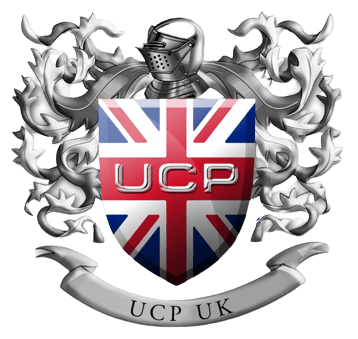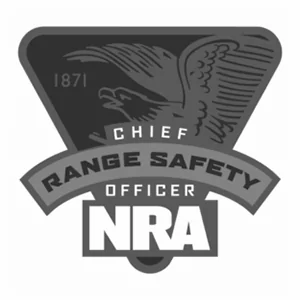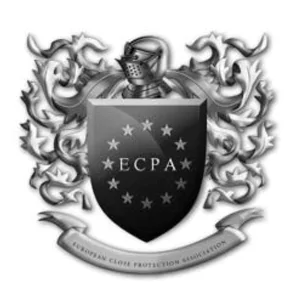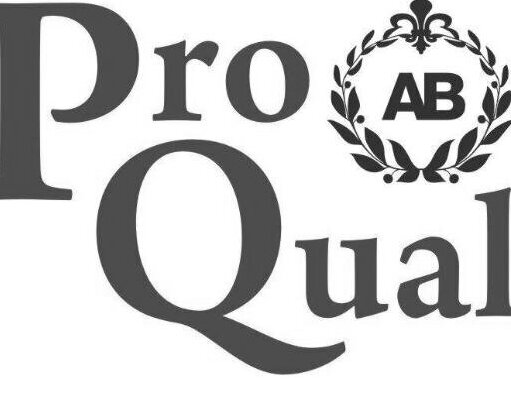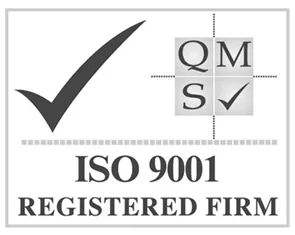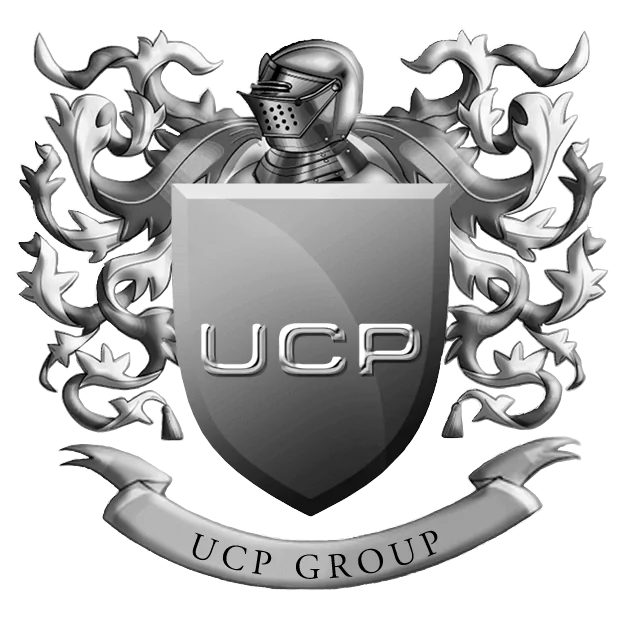Security Services: PMCs are often hired to provide security for various entities, including government officials, embassies, corporate executives, and infrastructure such as oil fields or shipping routes. This can involve guarding premises, conducting patrols, and providing personal protection to individuals.
Training and Consulting: PMCs may offer training programs for military personnel, law enforcement agencies, or private security teams. This can include firearms training, tactical maneuvers, intelligence gathering, and other specialized skills. They may also provide consulting services to help improve security protocols and procedures.
Logistics and Support: PMCs often assist in logistical operations such as transportation, supply chain management, and infrastructure development in conflict zones or remote areas where traditional military or government resources may be limited.
Combat Operations: In some cases, PMCs are contracted to engage in combat operations on behalf of their clients. This can include offensive or defensive military actions, counterinsurgency operations, or providing combat support to conventional forces.
Intelligence and Reconnaissance: PMCs may gather intelligence through surveillance, reconnaissance missions, and other means to support their clients’ objectives. This can involve monitoring enemy movements, identifying threats, and providing actionable intelligence to decision-makers.
Risk Management and Crisis Response: PMCs often play a role in assessing and mitigating security risks for their clients, as well as responding to crises such as natural disasters, terrorist attacks, or civil unrest.
Legal and Regulatory Compliance: PMCs must adhere to relevant laws, regulations, and international conventions governing the use of force, human rights, and conflict resolution. This includes ensuring that their personnel conduct themselves ethically and within the boundaries of the law.
Cultural Sensitivity and Diplomacy: Operating in diverse and often sensitive environments, PMCs need to understand and respect the cultural norms, customs, and sensitivities of the local population. Building positive relationships with communities and stakeholders is essential for successful operations.
In terms of daily tasks, a PMC’s activities can vary widely depending on the nature of their contract and the current operational requirements. They may spend their days conducting training exercises, coordinating security details, analyzing intelligence reports, liaising with clients and government officials, or preparing for upcoming missions. Flexibility, adaptability, and a high level of professionalism are essential qualities for anyone working in this field.
